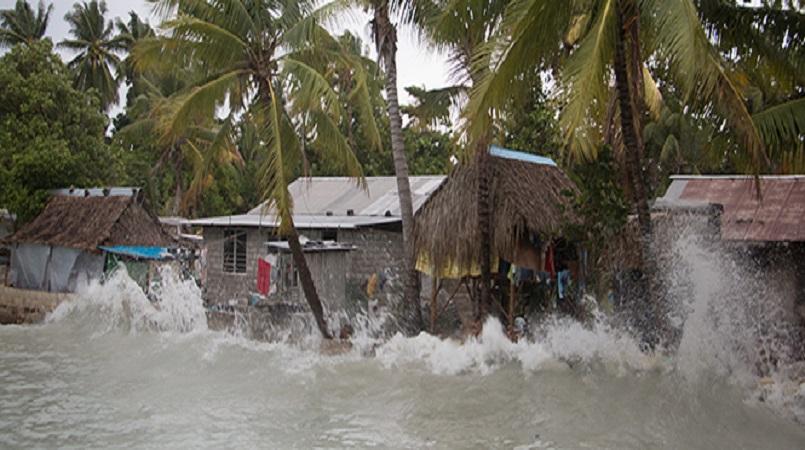The International Court of Justice (ICJ) has extended the deadline for states and organisations to submit written comments on climate obligations and responsibilities under international law.
ICJ President, Nawaf Salam allowed United Nations member states and organisations two months, until 15 August 2024 to submit written comments on the other written statements to the ICJ Secretariat in The Hague.
This decision follows requests from various nations and organisations for additional time to provide comprehensive input on the matter.
Originally, the deadline for these submissions by an Order dated 20 April 2023, was set for 20 October 2023 by the President of the Court for written statements, and 22 January 2024 as the time-limit within which States and organisations having presented written statements may submit written comments on the written statements made by other States and organisations.
However, the intricate nature of the task prompted several extensions. Whereas, by an Order dated 4 August 2023, the President of the Court extended the time-limit of written statements to 22 January 2024, and written comments to 22 April 2024.
The deadline further extended by an Order dated 15 December 2023, UN member states and organisations were given time-limit for written statements to 22 March 2024 and written comments on the written statements to 24 June 2024.
Written statements have poured into the ICJ Registry from a diverse array of countries and organisations, including Portugal, Colombia, Palau, Tonga, the Organisation of the Petroleum Exporting Countries, the International Union for Conservation of Nature, and many more.
Some nations and organisations, such as Fiji, Nigeria, Bangladesh, Nauru, and the Organisation of African, Caribbean, and Pacific States, requested additional time to submit their comments, leading to the latest extension by Order dated 30 May 2024.
The UN General Assembly’s resolution 77/276, adopted on 29 March 2023, sought the ICJ’s advisory opinion on states’ legal responsibilities to protect the climate system from human-induced greenhouse gas emissions.
The resolution called on the ICJ to clarify the obligations of states under international law to safeguard the environment for current and future generations and to address the legal consequences for states that have caused significant environmental harm.














